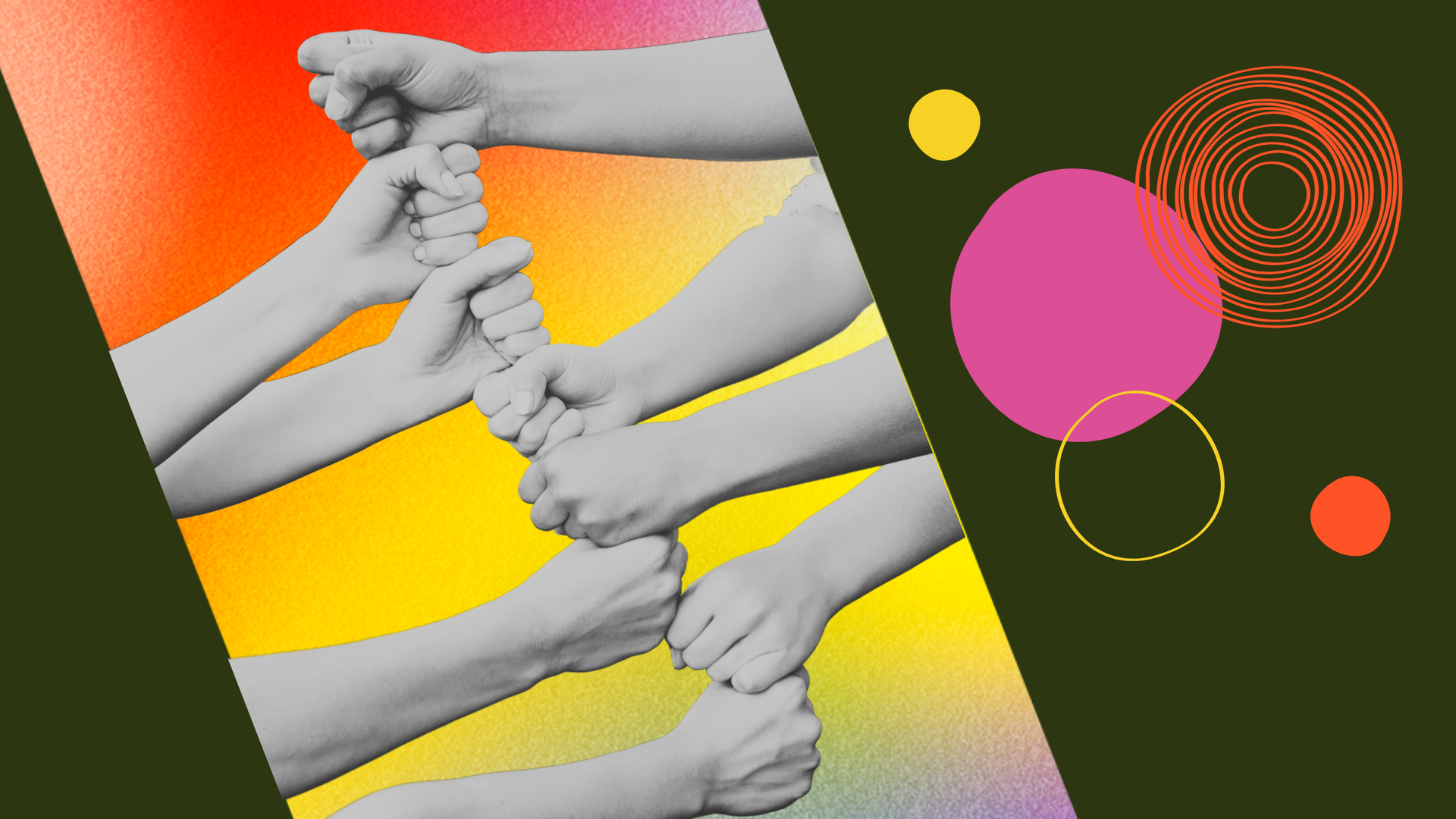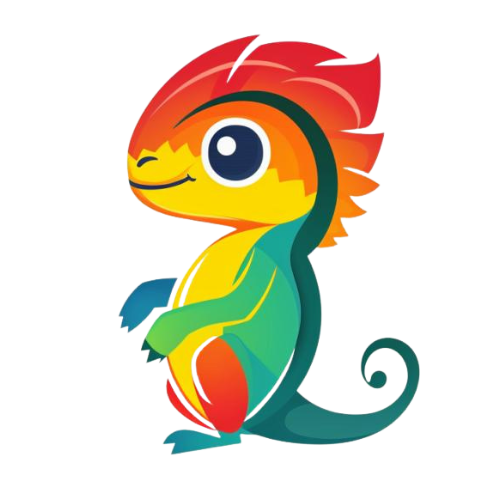
How Teams Are Levelling Up With Gamification (15+ Examples of Future Applications)
Today's organizations are constantly seeking innovative ways to enhance team performance, engagement, and productivity. One approach that has gained significant momentum is gamification. By incorporating game elements and mechanics into non-gaming contexts, gamification has emerged as a powerful tool for transforming team dynamics, driving motivation, and achieving remarkable results.
In this article, we will explore the modern landscape of gamification, delve into real-life examples of its application across various sectors, and ponder the boundless possibilities it holds for the future.
The Power and Usefulness of Game Elements
Modern gamification encompasses a wide array of techniques, technologies, and strategies that draw inspiration from games.
- Digital Gamification: Utilizing mobile apps, online platforms, and virtual reality to create immersive gaming experiences that drive engagement and learning.
- Serious Games: Incorporating game mechanics into training programs and simulations to enhance skill development, problem-solving, and decision-making.
- Sports and Fitness Gamification: Leveraging wearable devices, tracking systems, and leaderboards to transform physical activities into competitive and goal-oriented experiences.
- Gamified Learning: Applying game elements, such as quests, achievements, and progress tracking, to educational and professional development programs to enhance engagement and knowledge retention.
- Infinite Game Theory: Adopting the principles of infinite games, as coined by James P. Carse, to foster long-term collaboration, innovation, and adaptability within teams
How Gamification Improves Business Challenges
Gamification has proven to be a catalyst for solving real-world business problems and driving positive outcomes. Here are some inspiring examples:
- Employee Engagement: Companies like Deloitte and Microsoft have successfully used gamification to boost employee engagement through reward systems, leaderboard competitions, and recognition programs.
- Customer Loyalty: Airlines such as Southwest and programs like Starbucks Rewards have leveraged gamification techniques to create loyalty programs that engage customers, drive repeat business, and reward brand advocacy.
- Sales Performance: Salesforce.com introduced gamified sales dashboards and leaderboards to motivate sales teams, increase competition, and drive sales performance.
- Training and Development: IBM utilized gamification elements in their "IBM Innov8" game, designed to train employees on business process management, resulting in improved learning outcomes and increased skill adoption.
Gamification Across Business Sectors
Gamification is not limited to a specific industry; its applications span across various sectors. Here are some noteworthy initiatives:- Healthcare: Gamified apps like Zombies, Run! and Pacifika have transformed fitness and wellness activities into immersive games, promoting physical activity and healthy habits.
- Education: Platforms like Classcraft and Kahoot! employ gamification to enhance student engagement, knowledge retention, and classroom participation.
- Marketing and Advertising: Brands like Nike and McDonald's have utilized gamification elements in their mobile apps and campaigns to capture user attention, foster brand loyalty, and encourage interaction.
- Human Resources: Gamified recruitment platforms, such as Pymetrics, leverage game-based assessments to match candidates with job roles, promoting unbiased and efficient hiring processes.
The Future of Gamification is Unlimited
As technology continues to advance and our understanding of human motivation deepens, the future of gamification holds limitless potential. Here are a few exciting possibilities:
- Augmented Reality (AR) and Virtual Reality (VR): The integration of AR and VR technologies will provide immersive gamified experiences that blur the lines between the physical and digital realms, opening new doors for team collaboration, training, and problem-solving.
- Personalized Gamification: Tailoring gamification experiences to individuals' preferences, learning styles, and skill levels will further enhance engagement, motivation, and learning outcomes.
- Sustainability: Applying gamification techniques to promote sustainable behaviours, such as energy conservation and waste reduction, can drive positive environmental change within organizations and communities.
- Remote Teams: With the rise of remote work, gamification will play a pivotal role in fostering team cohesion, collaboration, and engagement, regardless of geographical boundaries.
- Project Management: Introducing game mechanics to project management tools to enhance task management, team collaboration, and goal achievement.
- Healthcare Training: Developing interactive simulations and virtual reality experiences to train healthcare professionals on complex procedures and medical interventions.
- Compliance Training: Utilizing game elements to make compliance training more engaging and interactive, ensuring employees understand and adhere to regulatory requirements.
- Remote Onboarding: Designing gamified onboarding programs for remote employees to foster a sense of belonging, build relationships, and accelerate their integration into the company culture.
- Data Analysis: Using game-based approaches to make data analysis and interpretation more engaging, enabling employees to derive valuable insights and make data-driven decisions.
- Remote Collaboration: Developing virtual collaboration platforms that incorporate gamified elements to enhance teamwork, communication, and problem-solving in remote work settings.
- Cybersecurity: Simulating cyber-attack scenarios and providing interactive training modules to educate employees about potential threats, phishing techniques, and security best practices.
- Financial Literacy: Creating interactive financial literacy games and apps to educate individuals about personal finance management, investments, and budgeting.
- Supply Chain Management: Implementing game-based approaches to optimize supply chain operations, improve inventory management, and enhance logistics decision-making.Sales Incentives: Implementing gamification strategies to incentivize sales teams, rewarding achievements, and fostering healthy competition to drive sales performance.
- Employee Wellness Programs: Introducing gamification elements to wellness initiatives, promoting healthy habits, physical activity, and stress management among employees.
- Customer Support: Using gamification techniques to enhance customer support experiences, encouraging prompt issue resolution, and rewarding exceptional service.
- Innovation: Launching gamified innovation programs where employees can submit ideas, collaborate, and compete to solve complex business challenges and drive organizational innovation.
- Workplace Safety: Developing interactive safety training modules and simulations to educate employees on best practices, hazard identification, and emergency response protocols.
- Continuous Learning: Creating gamified learning platforms that offer personalized, bite-sized learning experiences, encouraging employees to continuously upskill and expand their knowledge.
- Social Impact: Launching gamified platforms and applications that allow individuals to contribute to social causes, engage in volunteer work, and track their positive impact on society.
- Recruitment and Talent Acquisition: Incorporating gamified assessments, simulations, and challenges to identify and attract top talent, assessing their skills, aptitude, and cultural fit.
Our Thoughts
Gamification has revolutionized team dynamics by harnessing the power of game elements in non-gaming contexts. From digital platforms to real-world initiatives, its impact spans across industries, solving business challenges and driving remarkable outcomes.
As technology continues to advance and our understanding of human motivation evolves, the possibilities for gamification are infinite. By embracing gamification, organizations can level up their teams, unlock untapped potential, and achieve extraordinary success in the ever-changing business landscape.
Interested in learning more about how The Other Comedy Company is using gamified comedy to change professional development? Contact us here.

